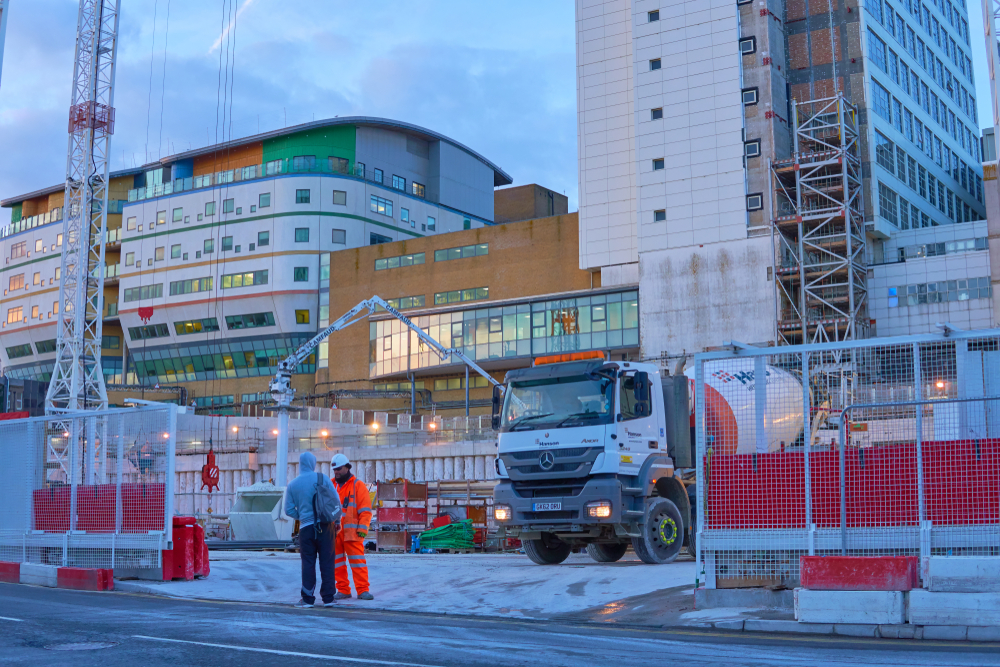Plans to build or expand 40 hospitals in England delayed by at least a decade

On Monday 20th January, Wes Streeting confirmed a timeline with funding to deliver the New Hospital Programme (NHP), though much of that work could start as late as 2039.
The New Hospital Programme (NHP) was set up under the Conservative government in 2020, with the aim of building 40 new hospitals by 2030. This promise was deemed unrealistic and underfunded according to an independent review by the Infrastructure Projects Authority (IPA), which found that the more than £20bn earmarked for the Programme was never delivered.
These undelivered funds follow a consistent trend of underfunding across the NHS; the Darzi report last year found that England had spent almost £37bn less than peer countries on health assets and infrastructure since the 2010s. As a result, English healthcare facilities are often outdated, with service delivery reliant upon unfit-for-purpose equipment.
In his announcement on Monday, Health Secretary Wes Streeting noted that the NHP was “unfunded and undeliverable” with no real financial plan to build 40 hospitals. This is consistent with the National Audit Office’s comments in 2023 that only 32 of the 40 hospitals were due to complete on schedule due to planning issues and funding cuts.
Since the IPA’s review, the incumbent Labour government has revised the NHP’s plan for greater credibility, committing more than £15 billion over ten years, over consecutive five-year “waves”, at an average of £3 billion per year for the programme.
Hospitals with existing, approved plans under the Programme are already in construction and will not be affected by this review (wave 0). Future waves will phase in NHP delivery, starting with the prioritisation of hospitals that pose safety concerns due to the use of Reinforced Autoclaved Aerated Concrete (RAAC). The second wave will commence the construction of the next set of new hospitals, while the third wave will complete the programme with a final set of constructions.
In the long-term, this major investment into UK healthcare infrastructure is expected to standardise hospital designs for better and more efficient facility construction, utilise digital technologies to benefit staff and service-users, contribute to NHS sustainability targets, and adapt to the UK’s evolving healthcare needs.
Realising these benefits will be critical to the financial and operational viability of the UK’s health service. They will be major points of discussion at Public Policy Projects’ Sustainable Estates Solutions Conference on the 5th of February 2025. Claim your free tickets to engage with senior NHS leaders while supporting the future of NHS estates
